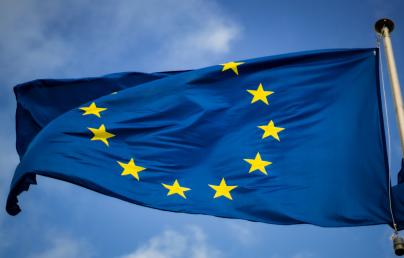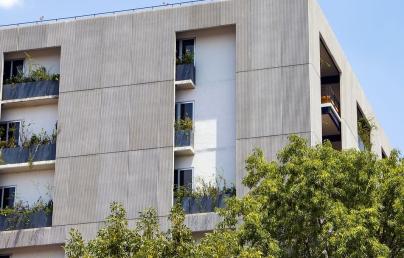BiodiverCities by 2030: Transforming cities’ relationship with nature

BiodiverCities by 2030: Transforming cities’ relationship with nature
Cities are the engine of the global economy - contributing 80% of the world’s GDP – but their exponential growth in recent decades has come at the expense of nature. The built environment has grown by two-thirds in the first 12 years of the 21st century, leading to the degradation of local ecosystems and the loss of habitats.
Urban areas are also responsible for over 75% of global carbon emissions, accelerating climate change which drives further nature loss. Urban leaders around the world have the power and responsibility to transform cities and lead the way in tackling the interconnected biodiversity and climate crises.
This report provides a vision for cities of the future and the needed systemic shifts to develop BiodiverCities that place nature at the heart of decision-making and infrastructure investments. The report also sets out how public and private urban leaders can utilise nature to both reduce the impact of their cities on biodiversity, increase their climate resilience, and secure significant economic benefits.
wef_biodivercities_by_2030_2022.pdf
English (5.56 MB - PDF)

